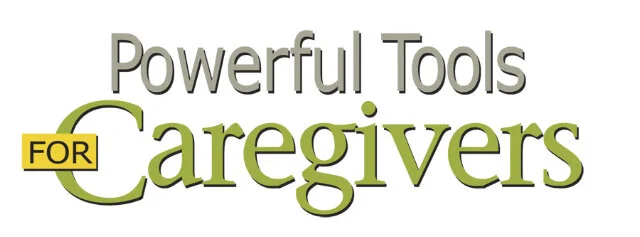
Area Agency on Aging
Health and Wellness Programs
The Coastal AAA adheres to ACL/ Division of Aging Services (DAS) guidelines and requirements and fidelity of program developers. Coastal AAA Wellness Program provides a host of services for older adults 60 years and older, caregivers, and people with disabilities through Title IIID programs. Implementation of programs and activities helps maintain or improve physic’s physical health, mental health, and social health and wellness. Our Evidenced-Based Services (EBS) are specific protocols and interventions that have been researched and proven to produce positive outcomes, which can be used to promote better health among older adults, caregivers, and people with disabilities.
Schedule a referral online:
The Fastest Way!
Call to speak with a specialist:
Delays possible, due to call volume!
Health and Wellness Activities
Self-Management Education
The Six Dimensions of Wellness Model
Developed by Dr. Bill Hettler, co-founder of the National Wellness Institute (NWI), this interdependent model, commonly referred to as the Six Dimensions of Wellness, provides the categories from which NWI derives its resources and services. By applying the model, a person becomes aware of the interconnectedness of each dimension and how they contribute to healthy living. Applying a wellness approach can be useful in nearly every human endeavor. Learn more here.
As a pathway to optimal living, wellness is being applied to related fields, such as health promotion and holistic health, and has seen a growth in “helping professions,” including counseling and medical arts and practices.
Get the brochure here: The Six Dimensions of Wellness Model.
Falls Prevention
A Matter of Balance: A program designed by researchers at MaineHealth to reduce the fear of falling and increase activity levels among older adults or persons at risk of falling. This small-group program was rigorously tested and proven to help persons gain self-confidence and become more active effectively. Duration: Workshop is offered in either a four or eight-week consecutive weekly schedule. Learn more here.
Caregiver Programs
Powerful Tools for Caregivers: Research studies find high rates of depression and anxiety among caregivers and increased vulnerability to health problems. PTC program improves self-care behaviors: (increased exercise, use of relaxation techniques and medical checkups.), management of emotions: (reduced guilt, anger, and depression), and use of Community Resources: (increased utilization of community services). Duration: Once a week (same day), 1 ½ - 2 ½ hours for six consecutive weeks. Learn more here.
Dementia Workshop: This 4-hour educational workshop is designed to assist caregivers caring for someone with Alzheimer’s disease or related dementia. You and other caregivers will learn simple strategies to assist you in caring for your loved one and caring for yourself! You will get to take home a Dementia Guide developed by the Rosalynn Carter Institute for Caregiving after receiving instruction on using it. (One-Time Consultations are also available if you are unable to attend a workshop).
Care Consultations: BRI Care Consultation (BRI-CC) is a telephonic, evidence-based caregiver support program developed by the Benjamin Rose Institute on Aging. BRI-CC employed coaching driven by consumer choice and focused on finding solutions to concerns that are the priorities of older adults receiving care and their caregivers. Duration: This is a 12-month program designed to empower clients to take effective actions that match their care preferences. This service is not offered as a class.
Chronic Disease Self Management
Stanford University developed this community-based, peer-led small group program to address symptoms persons with chronic conditions and caregivers experience. This program was rigorously tested and proven to effectively help persons with chronic conditions and disabilities (and caregivers) manage their conditions and enhance their quality of life. Duration: Once a week (same day), 2 ½ hours (same time) for 6 consecutive weeks. Learn more here.
Diabetes Self-Management Program: Another Stanford University developed community-based, peer-led program taught in small groups of persons with type 2 diabetes to help with skills needed in the day-to-day management of this condition. This program was rigorously tested and proven to effectively help persons with type 2 diabetes better manage their condition and symptoms associated with having this chronic condition. Duration: Once a week (same day), 2 ½ hours (same time) for six consecutive weeks.



